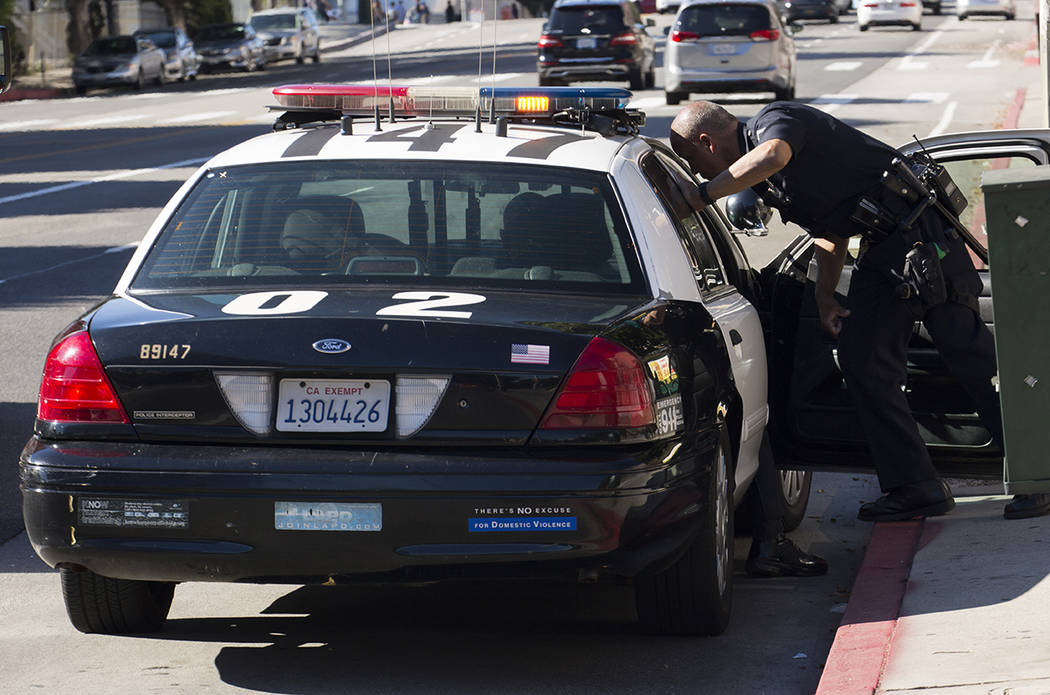EDITORIAL: California ruling a win for transparency in the legal system

The vast majority of police officers are dedicated men and women devoted to protecting the citizens of their communities. The tiny percentage of law enforcement officers who don’t fall under that description do a grave disservice to their colleagues. But a court ruling this week in California represents a step forward toward identifying those who dishonor the badge.
On Monday, the California Supreme Court unanimously ruled that police agencies may notify prosecutors when a deputy set to testify in a criminal case has a history of bad behavior. The ruling portends increased accountability for law enforcement agencies. It also potentially shunts aside efforts by Golden State police unions to neuter a bill passed last year that opens to the public details surrounding police shootings and investigations into officer wrongdoing.
The case involved a dispute between the Los Angeles Police Department and one of its unions, which sued to prevent the agency from turning over to the district attorney the names of more than 300 deputies “with a history of misconduct,” the Los Angeles Times reported. Under a 1963 U.S. Supreme Court case, prosecutors are required to provide any potentially exculpatory evidence to the defense. Monday’s decision essentially holds that laws intended to ensure the privacy of police personnel records don’t trump a prosecutor’s obligation to provide relevant information to defense attorneys.
The Times reports that the decision did not require law enforcement agencies to compile lists of problem officers that can be easily shared with prosecutors in the event that one of those officers is called to testify. This led one public defender to theorize that some departments will continue to withhold the information.
“Where’s the teeth if they don’t?” appellate lawyer Mark Harvis asked the Times. “Nobody knows about it.”
Putting aside the obvious question of why so-called problem officers remain on the street, Mr. Harvis’ concerns are valid. But departments that willfully keep confidential such information put their jurisdictions at risk for massive legal and financial liability should their subterfuge be exposed. Let’s hope that’s incentive enough to promote compliance.
The California decision, nevertheless, strikes a blow for open government. Let’s hope it resonates all the way to Las Vegas, where officials with the Metropolitan Police Department too often drag their feet when it comes to releasing public records and documents. Transparency, as Monday’s ruling highlights, is vital to promoting public confidence in law enforcement and to the health of a fair and equitable justice system.